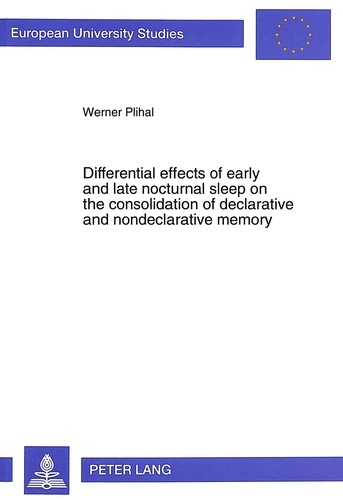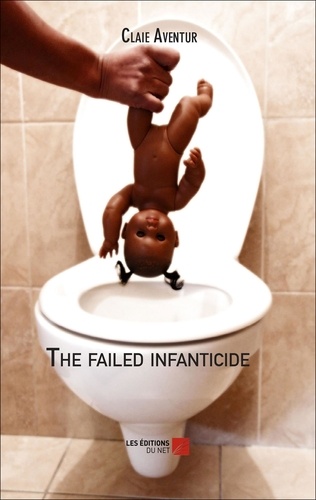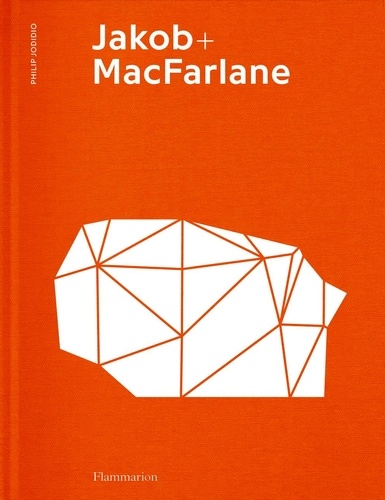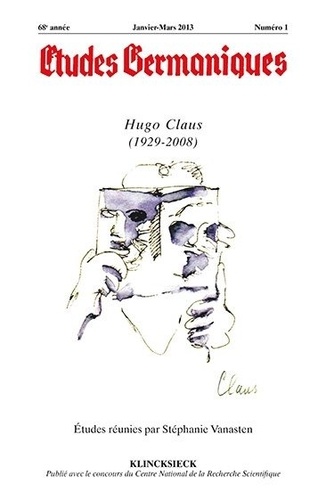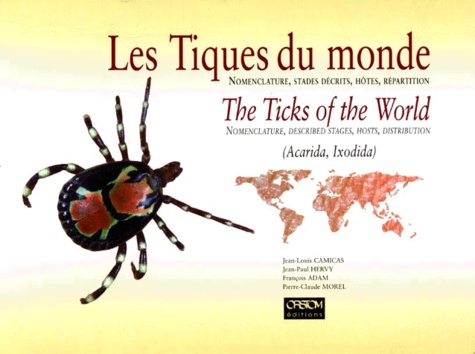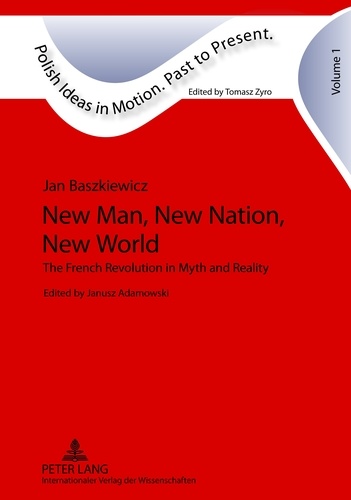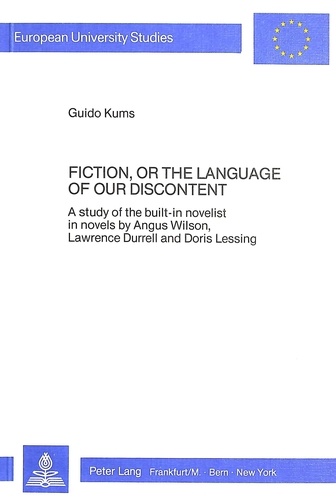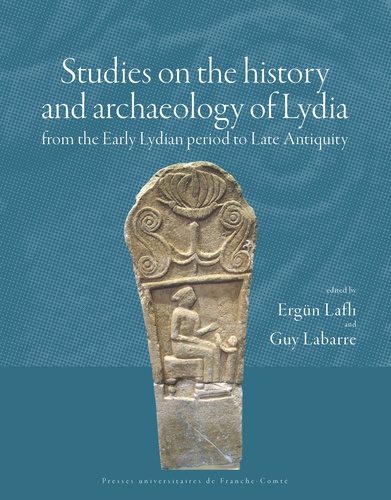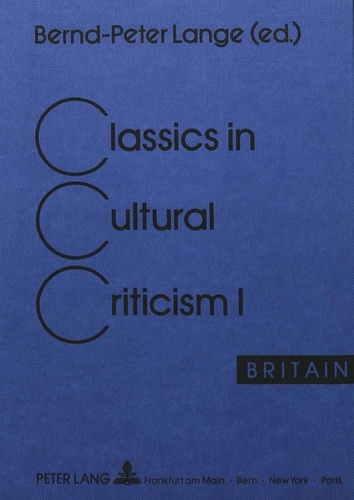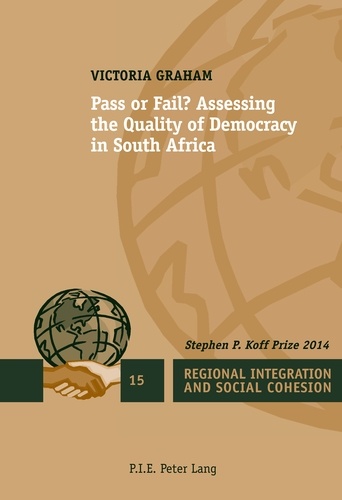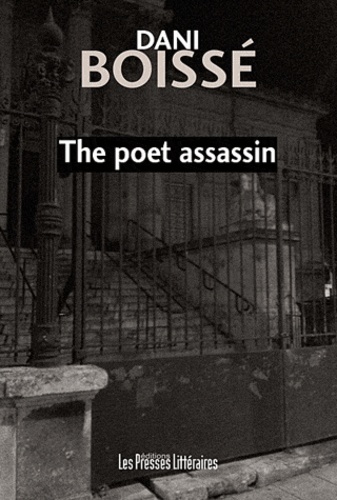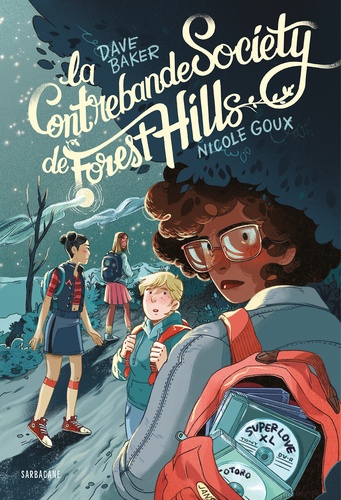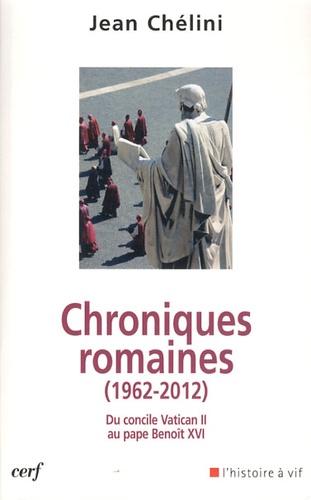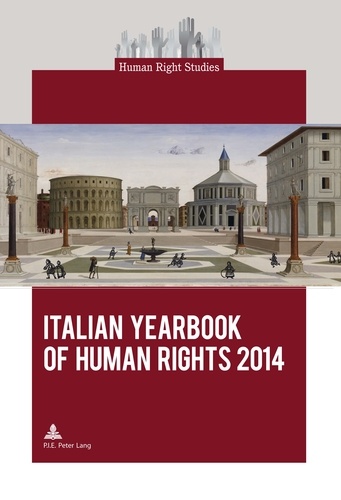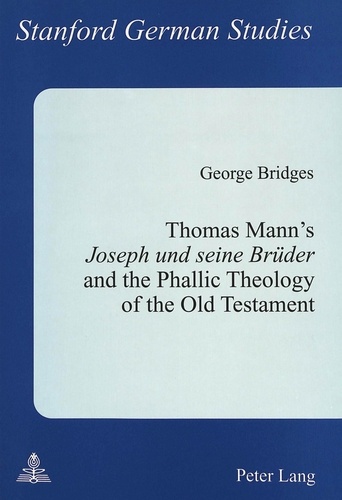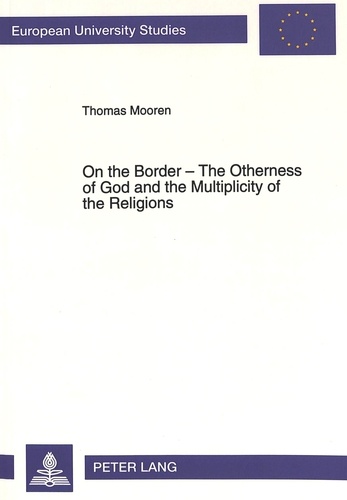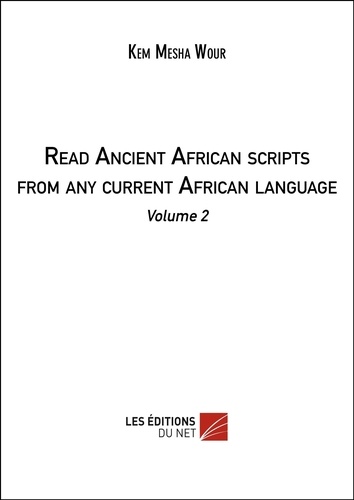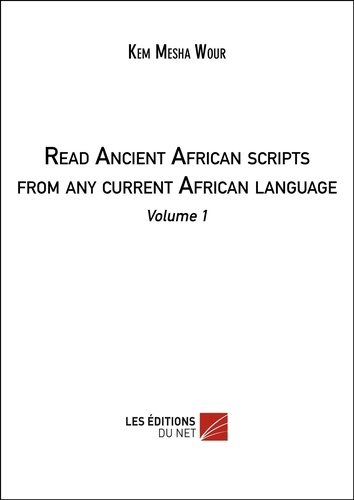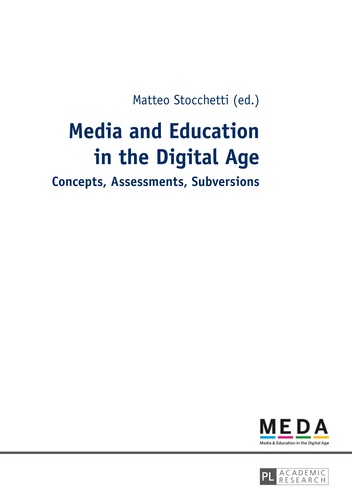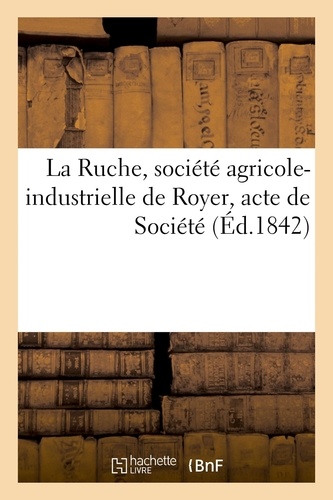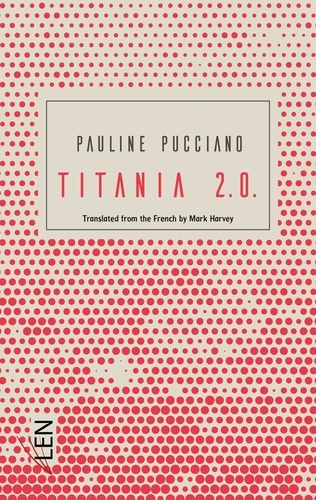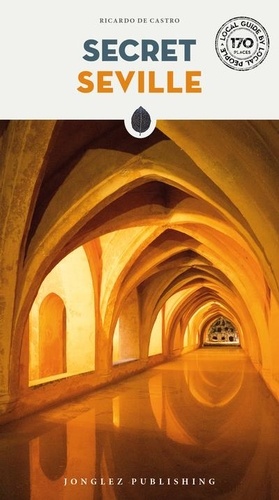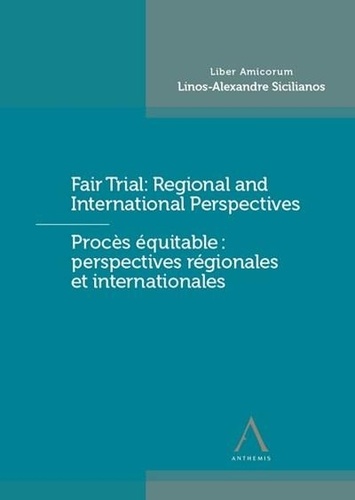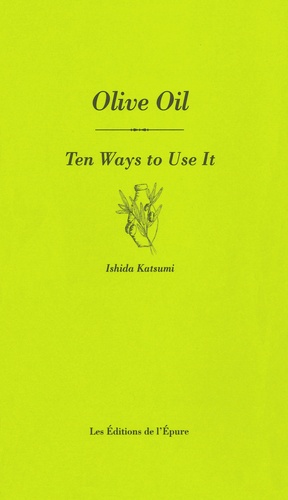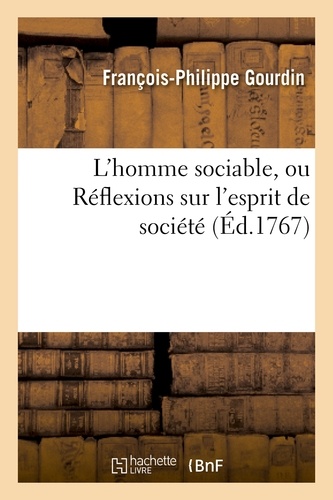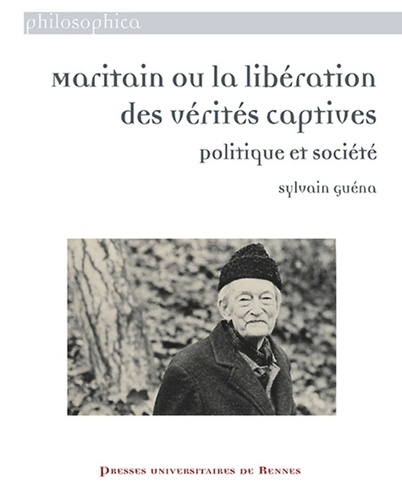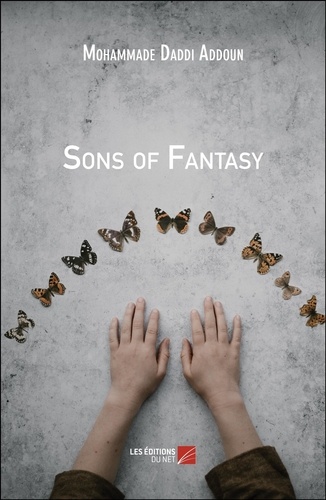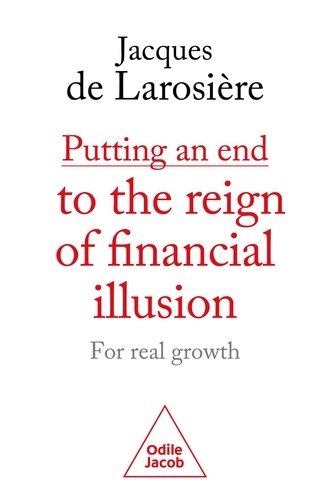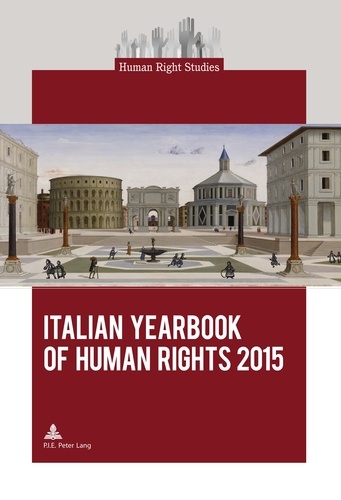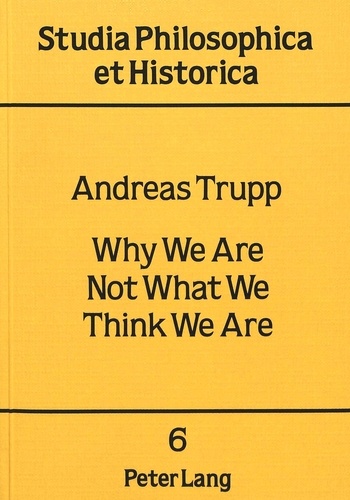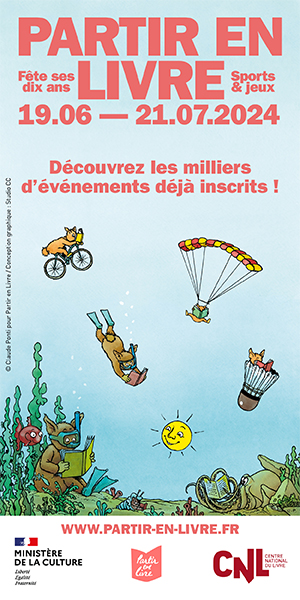Études germaniques - N°1/2013. Hugo Claus (1929-2008)
Julien VERMEULEN : Hugo Claus à New York (1959) In 1959-1960, Hugo Claus spent six months in the US, Mexico and Cuba. In the course of his trip he wrote down a number of impressions and experiences which he later turned into a cycle of poems, entitled "Reportage" (1961). In terms of contents and style these poems differ from his previous work. Claus now uses a style which is less hermetical : apart from this remarkable transparency, a wide range of ironic expressions, ambivalent idioms, contrasting registers and playful characterisations constitute a lexicological diversity. The great number of assonances and the use of non-literary text registers also characterize these poems. In this way this cycle anticipates later work in which Claus systematically applies diverse collage techniques. The poems "N. Y. 1" and "N. Y. 2" are also an exceptional testimony of the feelings of isolation and vulnerability of the lyrical "I". In 1959-1960 bracht Hugo Claus zes maanden door in de VS, Mexico en Cuba. Tijdens zijn verblijf noteerde hij enkele indrukken en ervaringen die hij later in de gedichtenreeks "Reportage" (1961) uitwerkte. Inhoudelijk en stilistisch wijkt deze poëzie af van zijn vroeger werk. Claus hanteert hier immers een stijl die minder hermetisch is : naast een opmerkelijke transparantie constateren we ook lexicografische diversiteit met allerlei ironische en ondermijnende dubbele bodems, kritische en contrastieve registers, ludieke en spottende typeringen. Ook het grote aantal assonanties en het gebruik van niet-literaire tekstregisters karakteriseren deze gedichten. In die zin anticipeert deze cyclus op zijn later werk waarin hij talrijke collagetechnieken op een systematische wijze toepast. De openingsgedichten "N. Y. 1" en "N. Y. 2" getuigen ook op een uitzonderlijke wijze van het isolement en de kwetsbaarheid van de ik-figuur. Sarah BEEKS : Masscheroen ou trois messieurs nus. L'engagement artistique de Hugo Claus dans les années soixante In the spring of 1968 Hugo Claus was officially charged with public indecency. The fact that he had staged three naked men in his play Masscheroen, could not be tolerated by to the conservative judiciary in Flanders. The lawsuit caused a great fuss within the artistic milieu : art and literature had regularly been censored and something had to be done. Inspired by the activist élan of May '68, Claus and his colleagues chose to act upon their artistic commitment. Through cheerful happenings and poetic protest evenings they fought for the autonomy of art and literature. In het voorjaar van 1968 werd Hugo Claus aangeklaagd wegens openbare zedenschennis. In zijn toneelstuk Masscheroen had hij drie naakte mannen laten optreden en dat kon volgens de conservatieve rechterlijke macht in Vlaanderen niet door de beugel. De zaak leidde tot veel ophef binnen het artistieke milieu : kunst en literatuur werden eind jaren zestig veelvuldig gecensureerd en dat werd niet langer geaccepteerd. Aangestoken door het activistische elan van mei '68 besloten Claus en zijn collega's zich artistiek geëngageerd te tonen. Door middel van vrolijke happenings en poëtische protestavonden bevochten zij de autonomie van kunst en literatuur. Pieter VERSTRAETEN : Le corps du Christ. Le roman A propos de Dédé et le catholicisme Hugo Claus's short novel Omtrent Deedee [With regard to Deedee], which appeared in 1963, can be read in a variety of ways. In general, two slightly antagonistic interpretative models have been dominant so far : whereas the early literary analysis by Julien Weverbergh focuses on the symbolic dimension of the story, a commentator such as Bert Vanheste emphasizes the novel's connection with contemporary social discussions, such as the debates on the democratization of Catholic faith in the context of Vaticanum II (1962-1965). In this article I want to further develop the latter perspective by reading the book primarily as a commentary on Catholic faith, understood in its institutional as well as its ideological dimensions. In particular, I focus on the kind of priesthood the main character Deedee is embodying, on the relation between the priest Deedee and the young homosexual Claude, who seems to represent an alternative kind of priesthood, and on the process of transubstantiation, which plays a major role in all this. Finally, I relate the motif of transubstantiation to Claus's conception of meaning and symbolism. It appears that the religious sacrament as well as the signifying process are based on the interaction between the concrete and material on the one hand and the abstract and ideal on the other. In the end, in Omtrent Deedee, both categories are unmasked as mere social constructs, failing to do what they promise : restoring an original, sacral union or wholeness. Van Hugo Claus' korte roman Omtrent Deedee, verschenen in 1963, zijn heel verschillende interpretaties mogelijk. Grosso modo staan daarbij twee verschillende lectuurmodellen tegenover elkaar. Terwijl de vroege analyse van Julien Weverbergh vooral inzet op de symbolische dimensie van het verhaal, vraagt iemand als Bert Vanheste expliciet aandacht voor de betrokkenheid van de roman op contemporaine maatschappelijke problemen, zoals de discussies rond de democratisering van het katholieke geloof die plaatsvinden in de context van Vaticanum II. In dit artikel wil ik dat tweede perspectief verder uitwerken door Omtrent Deedee in de eerste plaats te lezen als een commentaar op het katholieke geloof, zowel op de institutionele als op de ideologische dimensie ervan. Ik focus daarbij op de aard van het priesterschap van het hoofdpersonage Deedee, op de relatie tussen de geestelijke Deedee en de jonge homoseksueel Claude, die een alternatieve priesterrol op zich neemt, en op het sacrale proces van de transsubstantiatie, dat bij dit alles een cruciale rol lijkt te spelen. Tenslotte verbind ik het motief van de transsubstantiatie met Claus' visie op betekenis en symboliek. Zowel het religieuze sacrament als het proces van betekenisgeving zijn immers gebaseerd op de interacties tussen het concrete en materiële enerzijds en het abstracte en ideële anderzijds. Finaal worden beide categorieën in Omtrent Deedee ontmaskerd als louter sociale constructies die er niet in slagen hun belofte waar te maken en een oorspronkelijke, sacrale eenheid en heelheid te herstellen. Tom SINTOBIN : Raconter en bafouillant, bafouiller en racontant. Traumatisme et narrativité chez Hugo Claus In this article two novels by Hugo Claus are analysed from the perspective of Trauma theory : Desire (1978) and The sorrow of Belgium (1983). Trauma destroys an individual's life-narrative and results in a Post Traumatic Stress Disorder. In Desire it is Didi that seems to suffer from it : she lost her human identity and her awareness of time, she is barely able to speek - which means that she has lost the plot that can give her life meaning and coherence. The reader is never told what exactly is the matter : all he gets are flashes, which are not sufficient to tell him the whole story. Moreover, he is confronted with the fact that the language of the novel is very ambiguous. These two characteristics - the unability to get to a fullblown story and the loss of language - the reader shares with a PTSD-patient, which suggests that this novel has a performative aspect : the reader lives through the same drama as that of the characters. In The sorrow of Belgium, uncle Omer is confronted with a malfunctioning language and ability to narrate. His problem manifests itself in repetition and in misunderstandings due to the ambiguity of words. The reader encounters exactly the same problem at the end of the novel, when a passage that seemed rather superficial at first sight in reality turns out to be full of meaning. However, there are characters in this novel whom one would expect to be traumatised that nevertheless do not show the typical characteristics. Above all the father, Staf, talks endlessly about the terrible things that happened to him, even so much that the members of his family are no longer interested. The feeling of the "surplus" of narratives, that are as a consequence not healing any more but aim at hiding something, is a feeling shared by the reader while he is reading this strange novel, which gets in its turn a performative aspect. In dit artikel worden twee romans van Hugo Claus, Het verlangen (1978) en Het verdriet van België (1983) bestudeerd vanuit het perspectief van traumastudies. Daarbij wordt een trauma gedefinieerd als datgene wat het levensnarratief van een individu vernietigt, met een Post Traumatic Stress Disorder tot gevolg. In Het verlangen blijkt Didi's pathologie daar nogal wat kenmerken van te hebben : ze is haar menselijke identiteit kwijt, haar tijdsbesef is ontregeld, ze kan amper nog spreken - zij heeft dus niet langer de beschikking over een levensnarratief dat haar bestaan zinvol en coherent kan maken. De lezer verneemt echter nooit precies wat er aan de hand is : hij krijgt slechts flitsen te zien en komt niet tot een sluitend verhaal. Bovendien wordt hij ermee geconfronteerd dat de taal van de roman wel heel meerzinnig wordt. Deze beide kenmerken - het onvermogen om tot een verhaal te komen en het verlies van taal - deelt de lezer met een PTSD-patiënt, zodat het verhaal in overdrachtelijke zin performatief is geworden : de lezer ondervindt het drama van de personages aan den lijve. Ook in Het verdriet van België komt er een personage voor wiens taal en verhalend vermogen hapert : Nonkel Omer. Zijn aandoening uit zich onder meer in herhaling en in misverstanden door dubbelzinnige woorden en blijkt ook de lezer parten te spelen wanneer die zich tegen het einde van de roman met een ogenschijnlijk anekdotische maar in werkelijkheid uitermate beladen passage geconfronteerd ziet. Nochtans zijn er ook personages waarvan men zou kunnen aannemen dat ze getraumatiseerd zijn zonder dat ze de kenmerken van een PTSD vertonen : vooral vader Staf vertelt honderduit over wat hem is overkomen, zelfs in die mate dat zijn verhalen niet meer interessant gevonden worden door zijn huisgenoten. Het gevoel van de overdaad aan verhalen, die niet langer heilzaam zijn maar iets verbergen, maakt zich ook van de lezer meester bij zijn lectuur van deze vreemde roman. Het verdriet van België heeft zodoende op zijn beurt iets performatiefs. Dirk VAN HULLE : Claus et la narratologie exogénétique. La cognition externe (extended mind) et les notes de lecture autour du Chagrin des Belges This article combines genetic criticism with a post-Cartesian approach to cognitive narratology, notably to the examination of literary evocations of the fictional mind. The case study is the genesis of Hugo Claus' novel Het verdriet van België. The exogenetic analysis of two extant notebooks shows how the author's reading notes contribute not just to the fictional cosmology of the novel, but also to the cognitive cosmology of the characters' 'extended' minds. The article argues that for Claus, as for many twentieth-century authors, the materiality of the avant-texte served as a cognitive model for the evocation of the workings of the fictional mind. Dit artikel combineert tekstgenetisch onderzoek met een post-Cartesiaanse benadering van de cognitieve narratologie, in het bijzonder het onderzoek naar vormen van literaire bewustzijnsrepresentatie. De gevalstudie is de genese van Hugo Claus' roman Het verdriet van België. Uit de exogenetische analyse van twee bewaard gebleven notitieboeken blijkt hoe de lectuurnotities bijdragen, niet alleen tot de fictionele kosmologie van de roman, maar ook tot de cognitieve kosmologie van personages en hun "extended mind" . Het artikel argumenteert dat voor Claus, net als voor heel wat twintigste-eeuwse auteurs, de materialiteit van de avant-texte heeft gefungeerd als cognitief model voor literaire bewustzijnsrepresentatie. Malgorzata DUBROWSKA : Die mythische Welt Anna Seghers'. Literarische Bilder aus dem französischen Exil Alongside her journalistic undertakings, literary works by Anna Seghers left trajectories of her residence as an immigrant in France between the years 1933-1941. In her literary works, the writer often depicted in a metaphorical way the world of immigration experiences : Sense of instability, isolation, life intimidations and also consciousness of replication of the immigrant' destiny. She brought a universal literary vision that corresponded to the biblical tradition and the world of the Greek and Roman mythologies. The author of this article, based on the selected literary works of Anna Seghers that were created in France, catalogues the universal experiences of the existence of the human kind, that in Seghers' works become mythical. Les textes littéraires d'Anna Seghers, qui complètent son activité publicistique, où elle décrit d'une manière métaphorique ses expériences d'expatriée, en disent long sur les années de son exil en France (1939-1941). La précarité, l'isolement, le danger de mort et la conscience de réitération de l'existence d'exilé font naître une vision littéraire universelle qui puise tant dans la tradition biblique que dans les mythologies grecque et romaine. A travers les textes littéraires retenus, issus de la période française, l'auteur de la présente contribution tente de concrétiser cette expérience atemporelle de l'existence humaine à laquelle Seghers donne une dimension mythique.
06/2013
